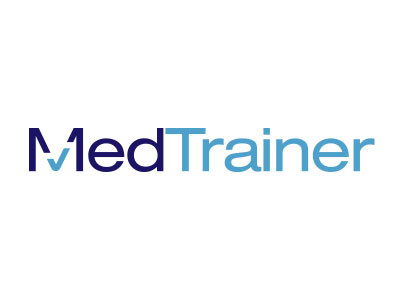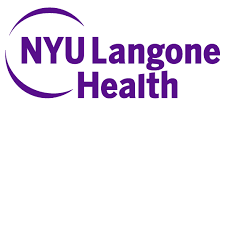
Although hospital performance from January to April 2025 outpaced the first 4 months of 2024, according to Kaufman Hall’s June 2025 “National Hospital Flash Report,” many surgical departments remain under intense financial pressure. Labor and supply costs continue to rise, while surgical services are especially vulnerable to inefficiencies like labor…

Editor's Note A mixed reality navigation (MRN) system for neurosurgery achieved performance comparable to traditional optical navigation (TON) in certain clinical scenarios, while significantly reducing equipment costs, according to an August 1 study published in BMC Surgery. The MRN system, built around a Microsoft HoloLens headset and infrared tracking tools,…

Editor's Note Microsoft’s MAI Diagnostic Orchestrator (MAI-DxO)artificial intelligence (AI) system outperformed physicians on diagnostic accuracy, achieving an 80% score compared to only 20% for a panel of human doctors. Wired reported the news June 30, quoting an official calling the system “a genuine step toward medical superintelligence” and noting that…

Nursing teams can find strength in diversity, but educating a team with a range of backgrounds and experience levels can be challenging. Some respond well to traditional lectures and presentations, while others may gravitate toward more collaborative or hands-on approaches. Making education a game has emerged as one of the…

Editor's Note Telemedicine is rapidly becoming the standard for postoperative care, offering patients a safer, more convenient recovery experience without compromising clinical outcomes, according to an April 28 report in the Los Angeles Times. The outlet emphasizes that virtual consultations and remote monitoring are no longer just alternatives to in-person…

Editor's Note Although the role of artificial intelligence is still evolving, early applications show significant potential to address challenges with burnout, staffing shortages, and high patient-to-nurse ratios, according to a January 10 article in Medscape. Offering a broad overview of the state of AI in nursing, complete with expert testimony…

Editor's Note Since February 2024, changes to the Registrant Validation Toolset from the Drug Enforcement Administration (DEA) have introduced new hurdles for healthcare organizations, MedTrainer October 2024 reports. The updates, which aim to prevent fraud by adding multi-factor authentication, are causing compliance challenges during primary source verification (PSV). Credentialers are…

Editor's Note Surgeons used a remote control to perform a magnetic endoscopy on a live pig more than 9,300 km (nearly 6,000 miles) away, Medical Xpress reported August 26. According to the article, researchers at ETH Zurich and The Chinese University of Hong Kong collaborated in the procedure, with the…

Editor's Note Aaron James says he’s “pretty much back to being a normal guy, doing normal things” a year after undergoing the world’s first whole-eye and partial-face transplant at NYU Langone Health, according to a September 9 report from the academic medical center. The transplant restored essential facial functions, and…

Editor's Note In a first step toward battery-free wearable electronics, researchers at Carnegie Mellon University have developed a healthcare device powered by the patient's body heat. According to an article published July 16 in MedicalXpress, the device combines a pulse oximetry sensor with a flexible, stretchable thermoelectric energy generator made…